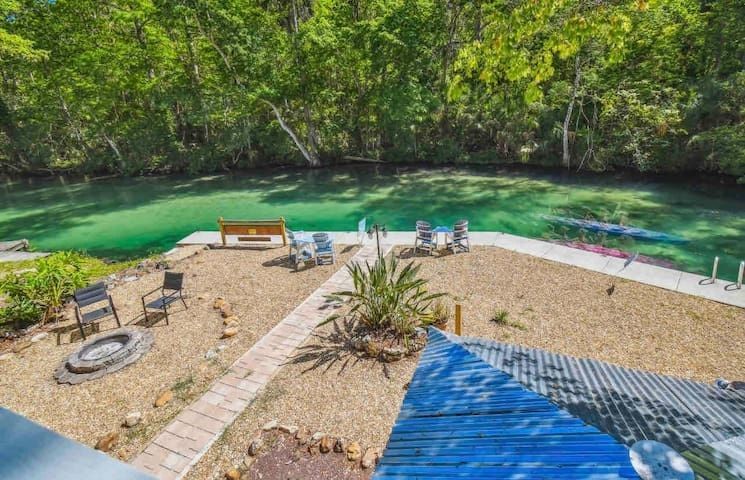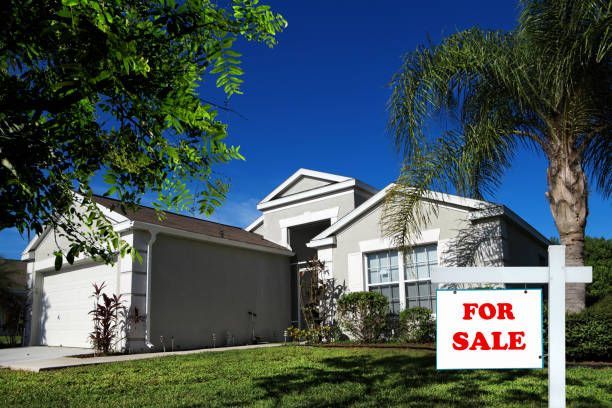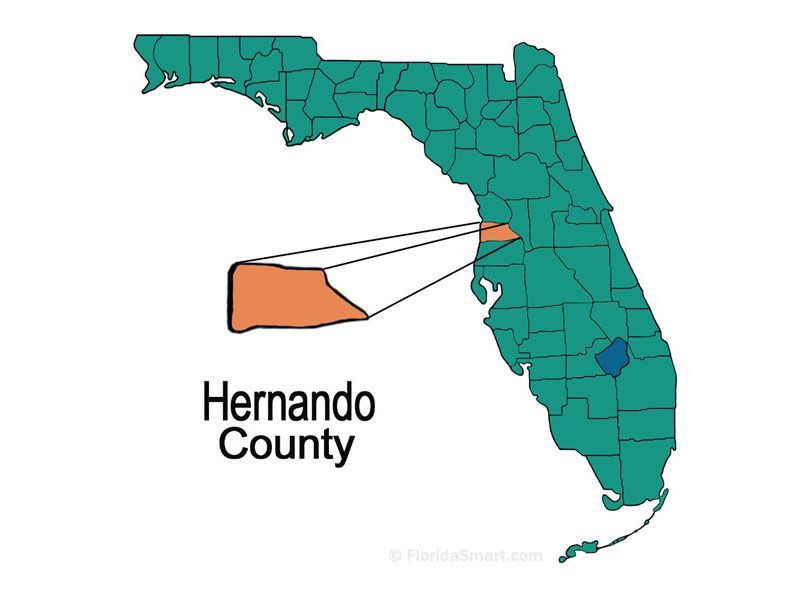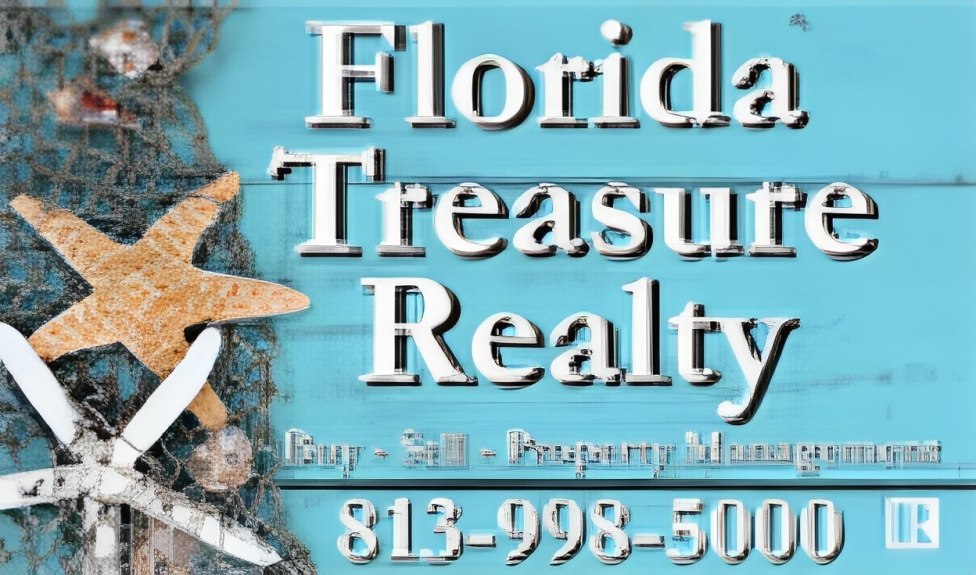Call or Text Us! 352-501-0300
Weeki Wachee Office:
7404 Shoal Line Blvd, Suite A, Weeki Wachee, FL 34607
Tampa Office:
3441 W Kennedy Blvd, Suite 100 Tampa, FL 33609
Should You Sell or Remodel Your Home After a Hurricane?
Hurricanes are among the most powerful and destructive natural forces that can leave an indelible mark on homes, communities, and families. When a hurricane strikes, the damage it causes can range from minor repairs to catastrophic destruction. For homeowners in hurricane-prone areas, the aftermath of a storm can bring a difficult decision: should you sell your home or remodel it? Each option has its advantages and challenges, and the decision depends on various factors such as the severity of the damage, the cost of repairs, market conditions, and personal circumstances. In this blog, we will explore the pros and cons of selling versus remodeling your home after a hurricane to help guide homeowners in making an informed decision.
Assessing the Hurricane Damage: The First Step
Before deciding whether to sell or remodel, the first and most important step is to assess the extent of the damage caused by the hurricane. The severity of damage can vary greatly depending on the strength of the storm, the location of the property, and the construction quality of the home.
Minor Damage
If the damage is relatively minor, such as broken windows, damaged roofing, or water intrusion that can be fixed with standard repairs, remodeling may be a viable option. In this case, homeowners might choose to repair the damage, restore the home to its previous condition, and potentially make improvements to reduce future risks. For example, hurricane-resistant windows, reinforced doors, and flood-resistant landscaping might be added to strengthen the home against future storms.
Major Damage
On the other hand, if the hurricane has caused significant structural damage — such as foundation issues, collapsed walls, or severe flooding — the decision becomes more complicated. In this scenario, the cost of repairing the home could be prohibitively high, and it may be more practical to sell the property. A thorough inspection by a licensed contractor or structural engineer is necessary to determine whether the home is salvageable and how much investment will be needed to make it livable again.
The Case for Remodeling: Turning the Storm Into an Opportunity
For many homeowners, remodeling after a hurricane can be an appealing option, especially when the home has sentimental value or when the damage is not severe. Remodeling allows you to repair and improve your home, potentially enhancing its value and functionality.
1. Emotional Attachment
One of the most compelling reasons for remodeling rather than selling is emotional attachment. Homes are more than just physical structures; they hold memories, experiences, and a sense of belonging. If the home has sentimental value — perhaps it was passed down through generations or has been your family’s haven for years — the thought of leaving it behind may not be easy. Remodeling offers an opportunity to restore the home to its former glory or even make it better, which can be deeply satisfying.
2. Personalization and Improvements
After a hurricane, some homeowners see this as an opportunity to make significant upgrades and improvements to their property. They may take the opportunity to modernize the home’s design, upgrade appliances, or even reimagine the layout to suit their changing needs. For example, if the hurricane caused a flood, the homeowner may remodel by installing waterproof materials, elevating the structure, or redesigning the kitchen to be more functional and aesthetically pleasing.
3. Increased Property Value
In some cases, remodeling can increase the value of the property, especially if it’s done strategically. After a major storm, some homes may be worth less due to damage or the perception of future risk. By investing in renovations that not only restore the property but also improve its resilience (such as installing storm shutters, reinforcing the roof, or raising the foundation), homeowners may increase their home’s value and future marketability.
4. Insurance Coverage
In certain situations, insurance policies may cover the cost of repairs after a hurricane, or the homeowner may be able to file a claim for damages. This can significantly offset the cost of remodeling, making it a more affordable option. Homeowners should review their insurance policies carefully and consult with their insurance provider to understand what is covered and what isn’t. If the insurance payout is sufficient to cover the majority of the repair and remodeling costs, remodeling could be a financially feasible option.
5. Community and Location
Another factor to consider when deciding to remodel is the location of the home. If the home is situated in a desirable neighborhood with strong community support, good schools, or proximity to work and amenities, remodeling could make sense. Rebuilding your home in such a location can offer long-term value, especially if the area is on the rebound after the storm.
The Case for Selling: Starting Fresh After the Storm
While remodeling can be a great way to restore your home, there are circumstances where selling might be the better option. Selling the property allows you to walk away from the damage, avoid further investment, and move on to a new chapter in your life.
1. High Repair Costs
If the damage from the hurricane is extensive and the repair costs are beyond what you are willing or able to invest, selling may be the better choice. Major repairs, such as foundation work, electrical and plumbing system updates, or mold remediation, can be expensive and time-consuming. In some cases, the cost of repairs may even exceed the home’s market value, leaving homeowners in a difficult financial position. By selling, homeowners can avoid sinking money into a property that may not provide a good return on investment.
2. Insurance Limitations
Even though homeowners’ insurance typically covers some damages caused by hurricanes, it may not cover all repair costs. Some policies may have high deductibles or exclusions that could leave homeowners with significant out-of-pocket expenses. If the insurance settlement is not enough to cover repairs, and if the financial burden of remodeling is too great, selling may offer a fresh start without the added stress of dealing with the repairs.
3. Market Conditions
The real estate market plays a significant role in whether selling is a good idea after a hurricane. If the housing market is strong, with high demand and rising property values, it may be an ideal time to sell. However, if the market is slow or uncertain, especially in areas that are prone to frequent hurricanes, selling could be more challenging. Some buyers may be hesitant to purchase a home in a storm-prone area or one that has been damaged by a recent hurricane. In this case, homeowners should carefully evaluate current market conditions and determine if selling is a financially sound decision.
4. Future Risk
Hurricanes and other natural disasters are unpredictable, and the possibility of another storm or flood in the future may be a significant concern for some homeowners. If the hurricane was a wake-up call about the risks of living in a storm-prone area, selling might offer peace of mind. Relocating to a less disaster-prone location could reduce future stress and financial risk. While many homes can be fortified and remodeled to withstand future storms, not all homeowners want to take on that responsibility or investment.
5. Time and Energy
Remodeling after a hurricane can be a lengthy and exhausting process. If you don’t have the time, energy, or desire to manage a home renovation project, selling might be the simplest and least stressful option. Some homeowners may not be prepared for the long-term commitment of rebuilding, and the uncertainty of how long it will take or what hidden issues might arise during the remodeling process can be overwhelming. Selling the home allows homeowners to avoid this burden and move on with their lives.
Conclusion: What’s Right for You?
Deciding whether to sell or remodel your home after a hurricane is a deeply personal decision that depends on various factors. If your home has minor damage and you have a strong emotional attachment to it, remodeling may be a great option to restore and improve it. On the other hand, if the damage is severe or if the costs of repairs outweigh the potential return on investment, selling could be the better choice.
Homeowners should consider the following key factors when making their decision:
- The extent of the damage and cost of repairs
- Emotional attachment to the home
- Insurance coverage and financial capacity
- Market conditions and future property value
- The risk of future storms or disasters
Ultimately, there is no one-size-fits-all answer. Consulting with professionals — including insurance adjusters, contractors, and real estate agents — can help guide homeowners through this challenging decision. By weighing all the factors carefully, homeowners can make the best choice for their financial situation, their family, and their long-term goals.





CONTACT INFORMATION
Weeki Wachee Office: 7404 Shoal Line Blvd, Suite A, Weeki Wachee, FL 34607
Tampa Office: 3441 W Kennedy Blvd, Suite 100 Tampa, FL 33609
Phone: 352-501-0300
Email: helloftrhomes@gmail.com
- Spring Hill
- Weeki Wachee
- Pine Island
- Hernando Beach
- South Tampa
- Gray Gables
- Carollwood
- West Tampa
- North Tampa
- Bayshore Beautiful
- Brandon
- Brooksville
- Westshore
- Aripeka
- Tampa
- Hernando County
- Davis Island
- Palma Ceia
- Hillsborough County
- Pinellas County









